
Bakeries of all sizes are rising to the net zero challenge, but it isn’t an easy transition, notes Simon McKeating, net zero programme manager, Scotland Food & Drink Partnership Net Zero Commitment. Here he explains the challenges but also the benefits of moving forward on a net zero journey.

“Scotland’s food and drink producers are making real progress on their journey to net zero – and the bakery sector is no exception.
Through the Scotland Food & Drink Partnership’s Net Zero Commitment, we’ve seen encouraging momentum with bakeries switching to renewable energy tariffs, installing monitoring systems to tackle waste, and even exploring onsite energy generation.
With access to capital and internal sustainability expertise, larger manufacturers have typically led the way, however there’s a growing appetite among independent and mid-sized bakeries to adapt.
It is worth acknowledging that the move to net zero is not always an easy transition – particularly in the baking sector. Many bakeries operate from older buildings that were never designed with sustainability in mind. Despite the best intentions, poor insulation, awkward site layouts and ageing equipment can make upgrades challenging and expensive.
Smaller producers face a very different reality to larger operators: steep upfront costs, long waits for planning permissions, grid connectivity delays, and a lack of capacity to manage complex infrastructure transitions. These are not fringe problems, they’re the issues we hear most frequently from bakers.
Grid access is an acutely felt bottleneck. We regularly speak to businesses that are ready to invest in clean energy or electrify their operations, only to be told they face wait times of years or astronomical connection costs. In these cases, it’s not commitment that’s lacking, it’s infrastructure. Better collaboration between grid operators, planners, and businesses is urgently needed to fix these systemic issues.
Take, for example, one smaller Scottish bakery which, after completing a carbon footprint assessment through the programme, discovered that its delivery fleet was one of its biggest sources of emissions. This prompted the business to revisit previously shelved plans around electrification and implement them to great effect. It’s a reminder that data-led insight can unlock action, even where progress once felt unachievable.
Meanwhile, larger bakeries required to report under Streamlined Energy and Carbon Reporting (SECR) are beginning to zero in on their Scope 1 and 2 emissions, identifying equipment upgrades and operational efficiencies as the most effective next steps. But for many, moving away from the natural gas that underpins so much of the sector’s energy use remains the greatest challenge.
Cut through the complexity

That’s where the Scotland Food & Drink Partnership’s Net Zero Commitment programme comes in. While we don’t decarbonise businesses directly, we do help them cut through complexity – whether that’s signposting to support from Business Energy Scotland or making sure bakers’ voices are heard where sustainability policy and regulation is being shaped.
For those ready to act, our advice is clear: focus first on energy efficiency and renewable sourcing. Switching to a renewable tariff is a quick win to reduce of your Scope 2 emissions. But that’s just the beginning.
Better insulation, smarter controls, waste heat recovery and process upgrades all contribute to lower energy use. Many of the most effective measures aren’t high-tech – they’re straightforward, often low-cost improvements with outsized impact.
But we also need to think bigger. Could bakeries near one another invest in shared renewables or thermal networks? Could rural bakers tap into community-led energy hubs? And what opportunities exist to partner across the supply chain, say with neighbouring dairies or meat processors, to decarbonise together? These ideas are no longer theoretical. They’re starting to gain traction, and Scotland has the ambition to lead.
“We need next is targeted support for smaller producers, faster progress on infrastructure, and a more joined-up approach between policy, planning, and business”
The challenge of electrifying bakery ovens at scale remains a major sticking point for the sector, but a recent feasibility study into large-scale bakery electrification by Fox’s Burton’s Group, supported by BEIS, may help point the way.
Such collaborative innovation has the potential to be transformational for producers across the industry. However, there is still a gap when it comes to smaller-scale trials. This is where equipment suppliers could play a key role by collaborating on practical solutions tailored to smaller producers.
In this case, what’s needed is policy that encourages collaboration and de-risks innovation. A recent Centrica report highlighted how tools like Power Purchase Agreements (PPAs) could unlock capital for shared infrastructure, if smaller producers can access the right support and guidance.
Ultimately, this is also about competitiveness. Retailers and consumers increasingly expect producers to take climate action and to show their progress with transparency.
That’s why the bakers making moves now are doing more than cutting emissions. They’re protecting their margins, building resilience, and ensuring they remain relevant in a fast-evolving food system that is sensitive to both consumer spending habits and our changing climate.
What we need next is targeted support for smaller producers, faster progress on infrastructure, and a more joined-up approach between policy, planning, and business. From a Scottish point of view, our famed bakery sector has the ingredients to lead the way, but we need to make sure every baker, no matter their size, has the chance to rise to the challenge.”












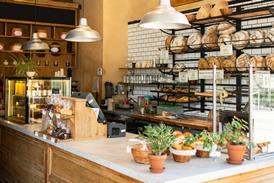


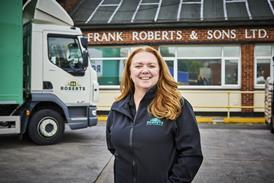







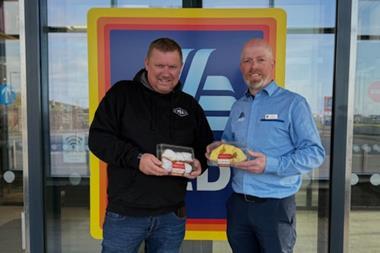


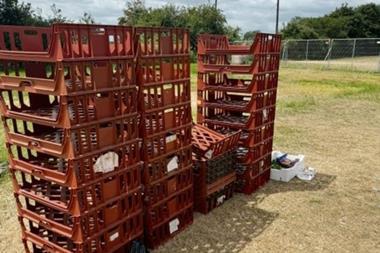
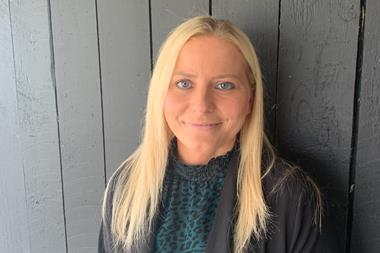

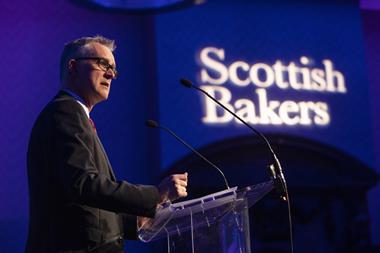
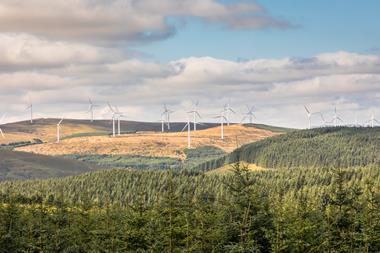

No comments yet